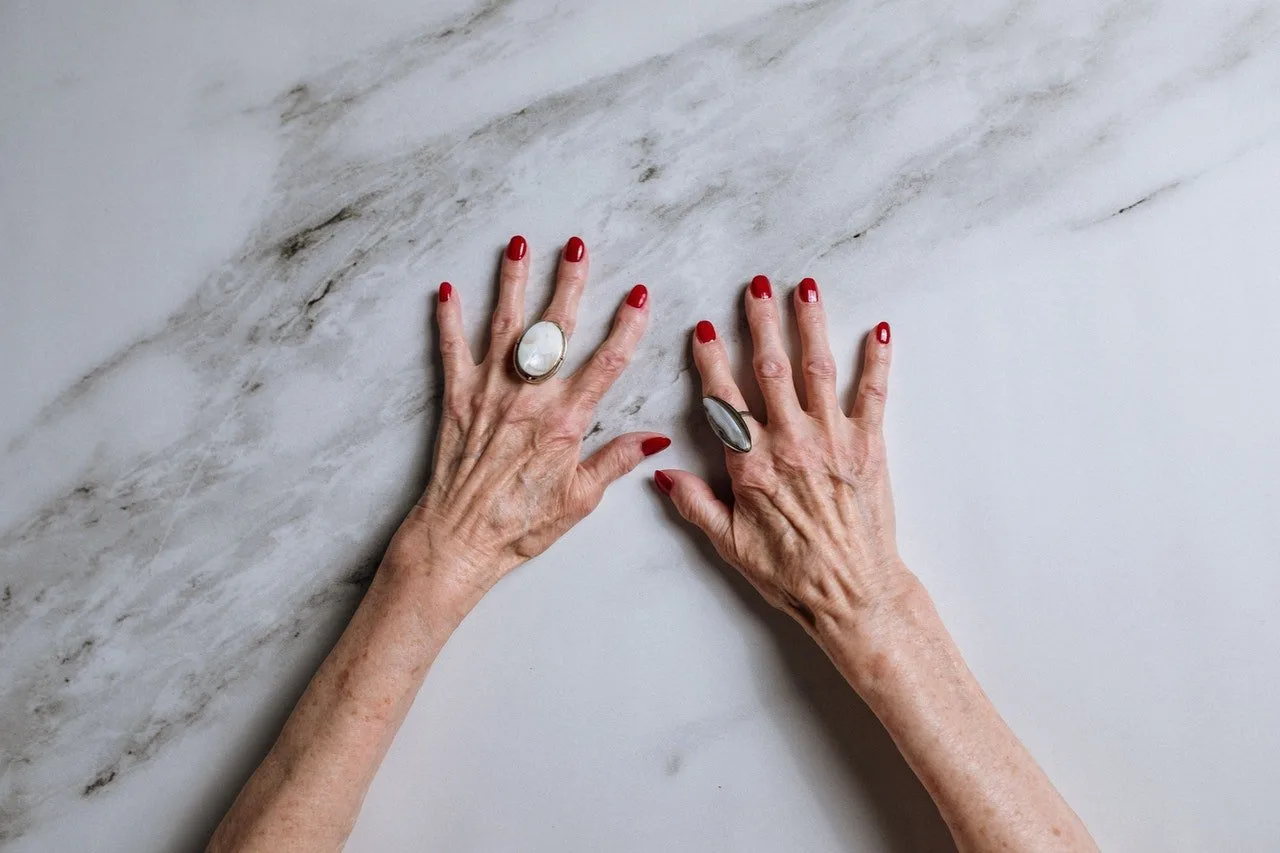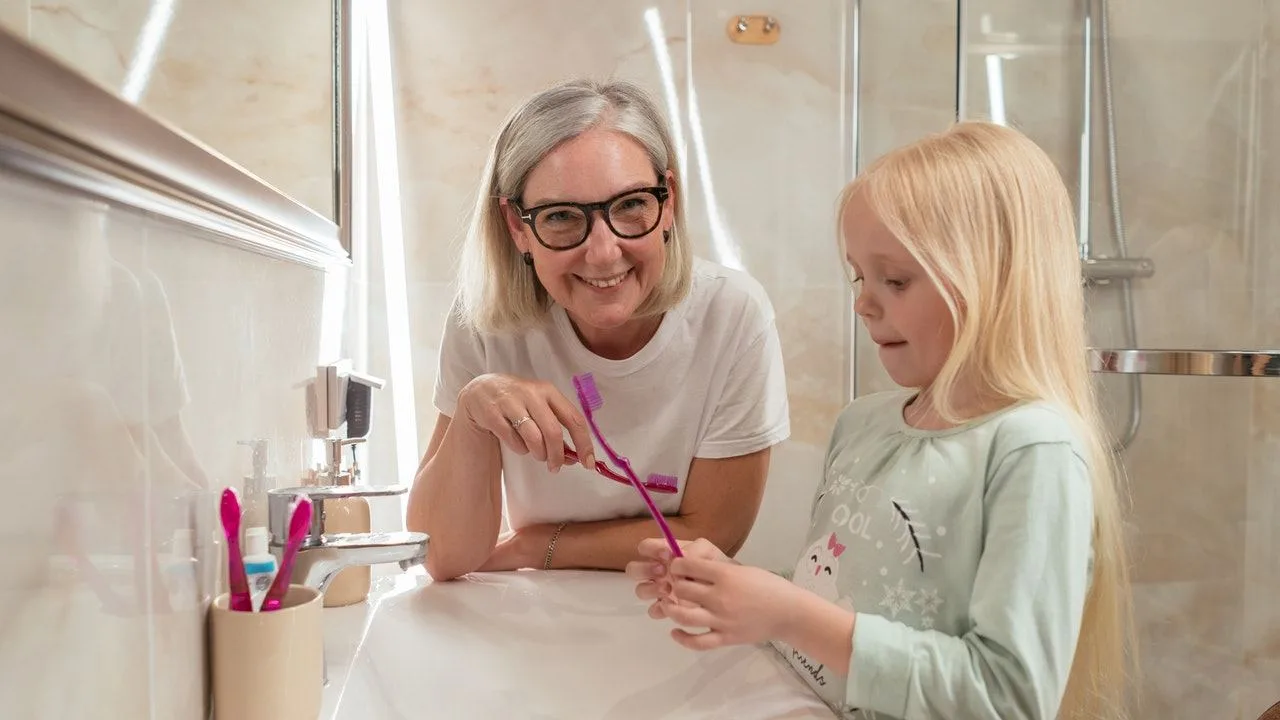Personal hygiene is not just about preventing bad breath and body odor. Good personal hygiene is necessary for healthy living. It boosts confidence, protects you from illness, and promotes mental and physical wellbeing. While it’s crucial for everyone to stay clean, grooming and hygiene are especially important for the elderly.
Aging deteriorates the body and weakens the immune system, making seniors more vulnerable to injury and disease. With less energy and reduced mobility, it’s common for many seniors to forget or neglect personal hygiene habits. This can cause infections, tooth loss, and skin irritation among many other ailments in seniors.
Personal Hygiene Checklist for Seniors
A consistent personal hygiene routine is essential to improve seniors’ quality of life. Use the checklist below to help you or your loved one develop a good personal hygiene routine:

Photo by Mikhail Nilov from Pexels
Practice Good Oral Hygiene
Older adults are more likely to develop tooth decay, oral infections, and periodontal disease.
Periodontal disease not only causes tooth loss, but can also increase your risk of developing diabetes, heart disease, and cancer. Looking after your teeth and maintaining a clean mouth can reduce the risk of oral health disorders and promote general wellbeing.
Use the Tips Below To Develop A Good Personal Oral Hygiene Routine:
- Brush teeth, gums, and tongue twice a day ⏤ morning and evening ⏤ with a soft-bristled toothbrush.
- For seniors with dentures, dental implants, or other forms of replacement teeth, follow the cleaning instructions provided by your dentist
- Use dental floss daily to clean between teeth
- Visit a dentist every six months to get oral checkups and advanced dental cleanings
Maintain A Clean Body
When discussing personal hygiene, bathing and showering are often the first thoughts that come to mind. Regular showering is indeed necessary to achieve cleanliness.

Photo by Andrea Davis on Unsplash
Showering cleans your head and body of excess oil, washes away dirt, removes dead skin cells, and eliminates the microbes that cause body odor and disease.
Older adults must shower at least once a week to avoid skin breakdown and infections. Many seniors, however, can’t shower frequently as stability issues and limited mobility make the act a challenging process. If you or your loved one struggles with taking regular showers, using hygiene aids like no-rinse shampoos, rinse-free body washes, and cleansing wipes can help seniors maintain a clean body between infrequent showers.
Keep Hands Germ-Free
Millions of germs live on your hands. When you touch your eyes, nose, or mouth with contaminated hands, you enable these harmful germs to enter your body and cause disease. Keeping your hands germ-free is especially important for the elderly as many have weakened immune systems, making them more likely to become seriously ill.
How can you practice good personal hand hygiene to protect your health? It’s generally recommended to wash your hands with soap and water for at least 20 seconds:
- After using the toilet
- Before eating food
- After handling garbage
- Before treating a cut or wound
- After touching public objects
If soap and water are unavailable, hand sanitizers can help you or your loved one maintain germ-free hands. When shopping for hand sanitizers, make sure to buy one that contains at least 60 percent alcohol. Alcohol kills microbes and disinfects your hands.

Photo by cottonbro from Pexels
Tidy Up Your Nails
Nail care is often an overlooked aspect of personal hygiene. Having tidy fingernails and toenails is no less important than showering and teeth brushing for healthy living.
The undersides of your nails harbor tons of dirt and countless germs, which contribute to fungal nail infections, skin infections such as cellulitis, and intestinal illnesses like pinworm.
Proper nail personal hygiene is not only essential for looking presentable but also necessary to protect you or your loved one from health issues. To practice good nail hygiene, try to keep them short and clean. Trim fingernails every two to three weeks, toenails every six to eight weeks, and scrub the undersides with a nail brush to minimize dirt and microbial buildup.
Wash Bedding Regularly
Every time you sleep, you transfer sweat, saliva, dead skin cells, and bacteria from your body onto bedding materials. Accumulated germs and dust mites on dirty bedding can cause allergies, skin irritation, infections (such as pneumonia), and asthma attacks.

Photo by Adam Winger on Unsplash
How often should seniors wash their bedding materials? It depends on their health. If you or your loved one has an illness or active infection, bedding materials should be changed every day. Healthy seniors must wash their sheets and covers at least every two weeks to avoid health hazards.
Improve Personal Hygiene To Boost Wellness
A good personal hygiene routine promotes positive self-esteem, general wellbeing, and improved quality of life. Good hygiene is even more important with age, as older adults are more vulnerable to health disorders. Use the checklist above to develop a good personal hygiene routine and boost your or a loved one’s wellness.



![women [longevity live]](https://longevitylive.com/wp-content/uploads/2020/01/photo-of-women-walking-down-the-street-1116984-100x100.jpg)










